India Entering A Political Circus
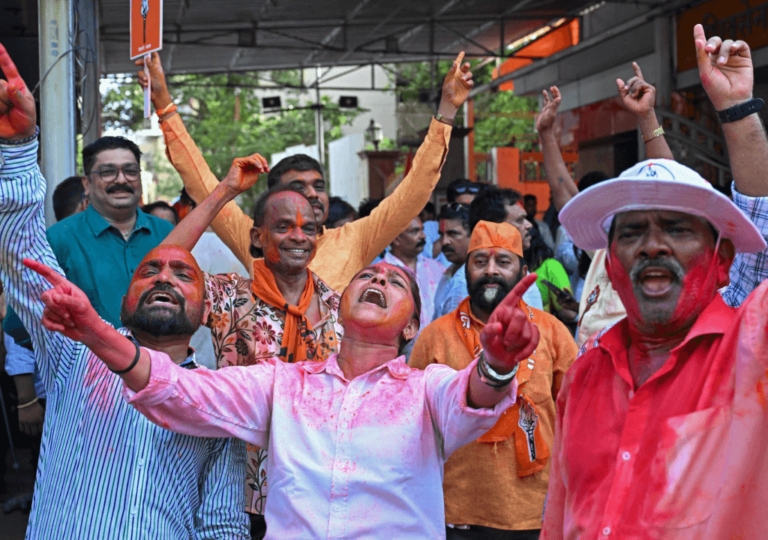
Find out how the ruling BJP's failure to secure a majority single-handedly will lead to negotiations and collaboration with various political parties.

Find out how the ruling BJP's failure to secure a majority single-handedly will lead to negotiations and collaboration with various political parties.
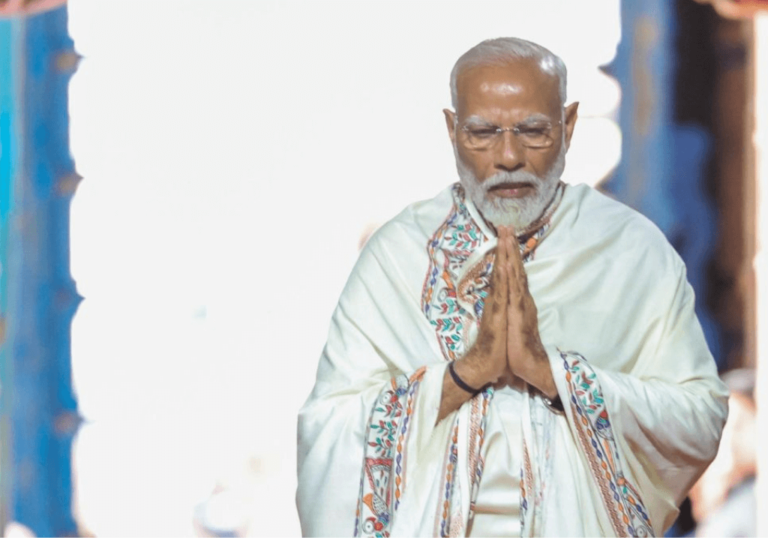
Prime Minister Narendra Modi is likely to secure a consecutive third term, which could lead to more actions fulfilling Hindu nationalist demands, including the formation of Akhand Bharat.
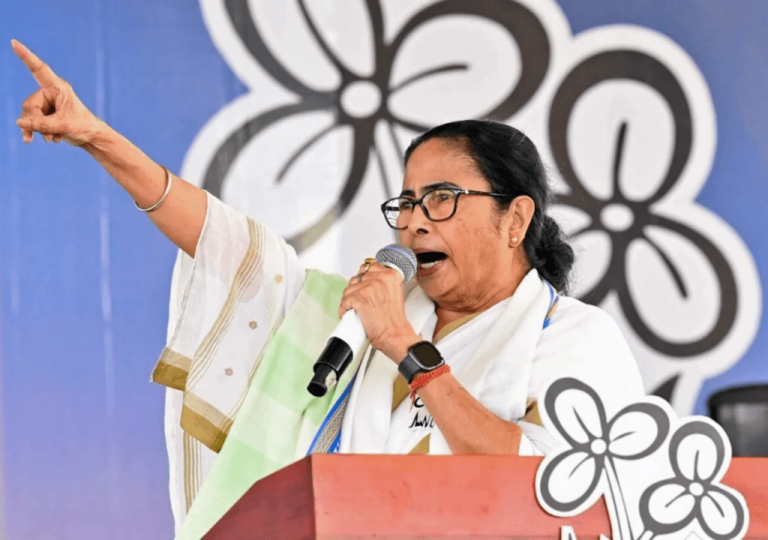
West Bengal's political violence escalates as parties vie for power, undermining democracy.
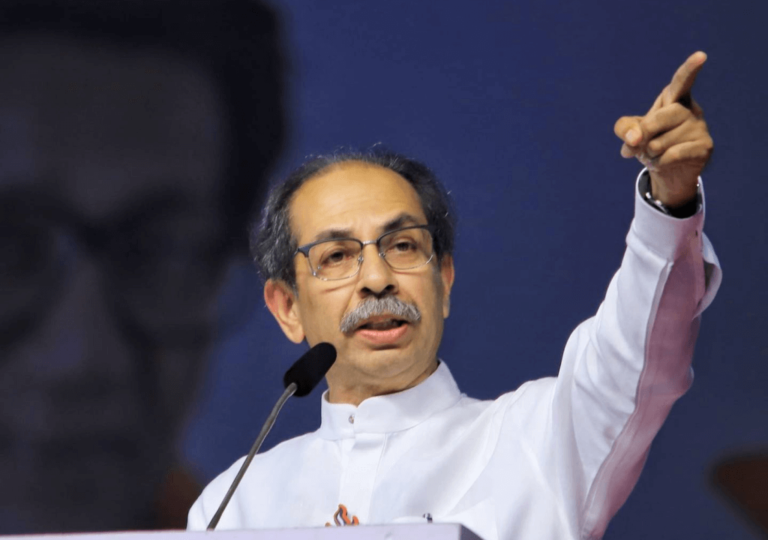
Maharashtra's political landscape sees former allies, BJP and Shiv Sena, now fierce rivals in a high-stakes battle for power, with alliances shifting and egos clashing.
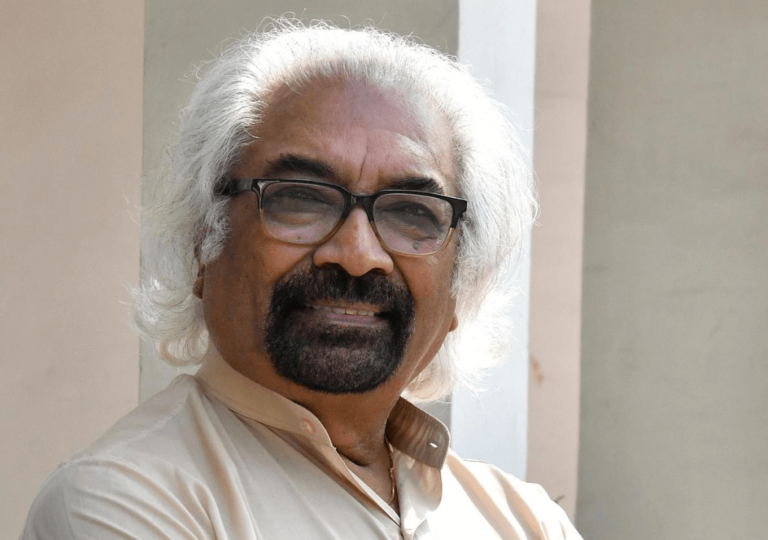
Controversial comments by Indian National Congress leader Sam Pitroda spark outrage, highlighting deep-seated racism in Indian society and politics.
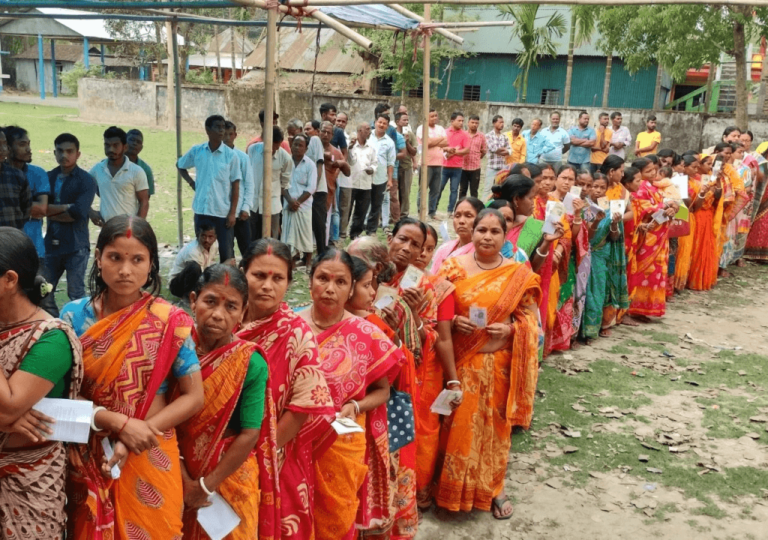
The Indian general election faces challenges with declining voter turnout in the first three phases. Reasons range from summer heat to political disinterest.
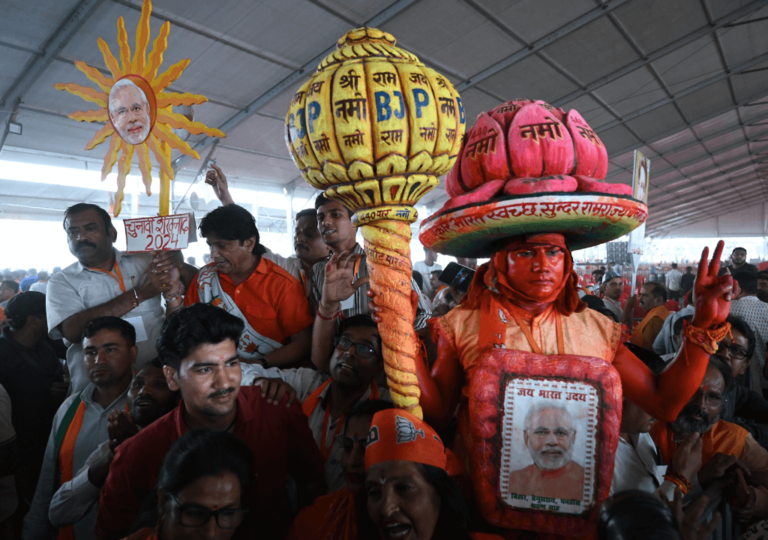
Uttar Pradesh, India's most populous state, holds significant influence in the country's parliamentary system.
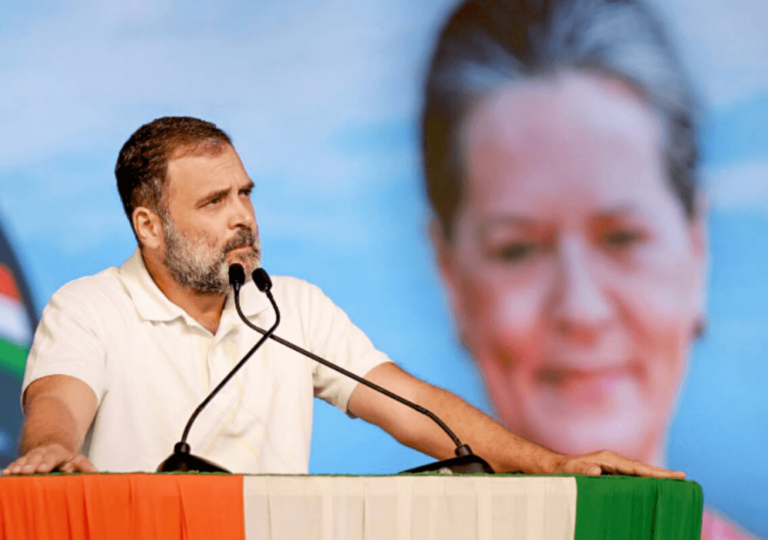
Opposition parties now advocate for a return to caste politics, led by Rahul Gandhi calling for a caste census to counter Modi's dominance.
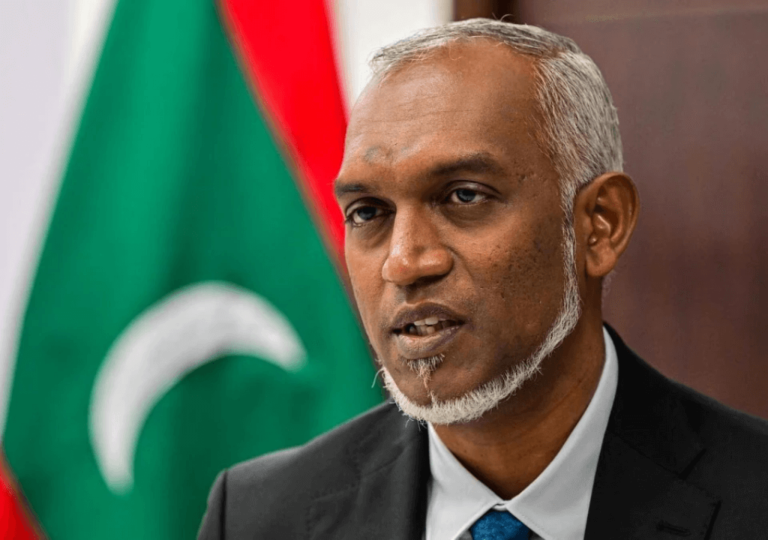
Maldives parliamentary election results show pro-China party's victory, raising concerns in India; Geopolitical tensions rise as Maldives shifts allegiance towards China.
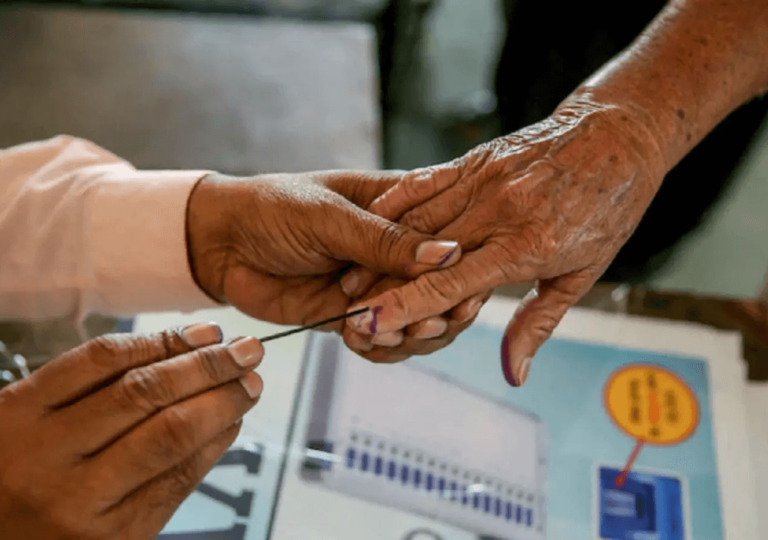
The Indian general election, spanning two months with over 96 million voters, attracts global attention. Opinion polls, controversial yet influential, shape voter behavior amid concerns of bias and manipulation, potentially impacting the election outcome.